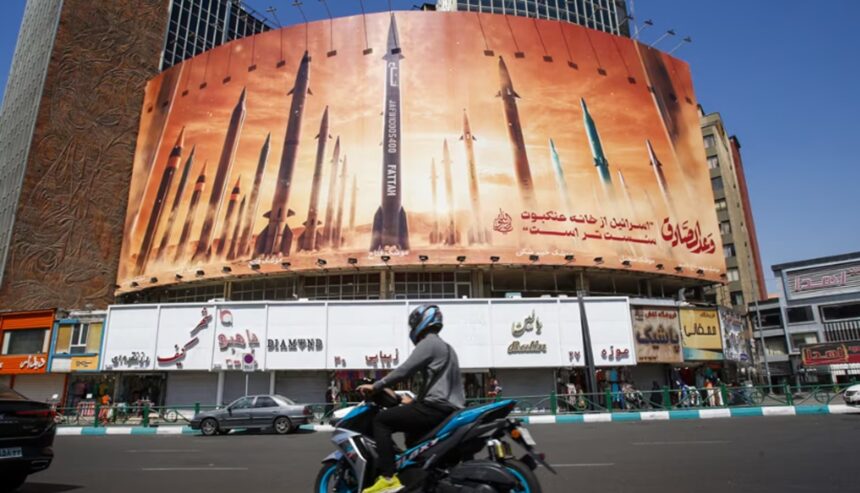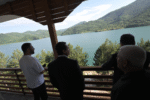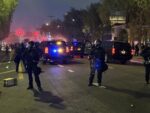Iran’s highest security body stated on June 9 that, based on intelligence it claims to have gathered on Israel’s nuclear facilities, Iranian forces could carry out counterstrikes if Israel attacks the Islamic Republic.
Israel has repeatedly warned it may strike Iranian nuclear facilities, vowing to prevent its arch-enemy from acquiring a nuclear bomb. Tehran has consistently denied seeking such a weapon.
Israel’s warnings have escalated since Tehran and Washington began nuclear talks in April, Radio Free Europe/Radio Liberty reported.
A collection of intelligence information Iran claims to possess “would enable the fighters of Islam to immediately strike the hidden nuclear facilities of [Israel], in response to any potential attack by the Zionist regime on Iran’s nuclear sites,” read a statement by Iran’s Supreme National Security Council.
The council also said Iran would respond in a “strictly proportional” manner to any Israeli strike on its military or economic infrastructure.
On Saturday, Iranian state media reported that Tehran had obtained a large cache of “sensitive and strategic” Israeli data through a covert operation, including files related to Israel’s undeclared nuclear facilities and its defense plans.
Iran’s Intelligence Minister, Esmail Khatib, later stated that the seized documents also contain information concerning Western countries, including the United States, adding that these documents “will be published soon.”
On Monday, the head of Iran’s Islamic Revolutionary Guard Corps, Hossein Salami, said this intelligence would enable “more precise targeting by Iranian missiles” in the event of confrontation.
Iran and Israel have long engaged in a “shadow war,” with Tehran accusing Israel of a series of sabotage attacks and assassinations targeting Iran’s nuclear program.
The two sides exchanged direct strikes for the first time last year.
Rafael Grossi, head of the United Nations’ nuclear watchdog, said Monday that his agency had received “no official communication” regarding the intelligence Iran claims to have obtained.
Speaking at a meeting of the Board of Governors of the International Atomic Energy Agency (IAEA), Grossi said the information “appears to refer to Soreq,” a “research reactor and a research center” in Israel that is monitored by the UN agency.







